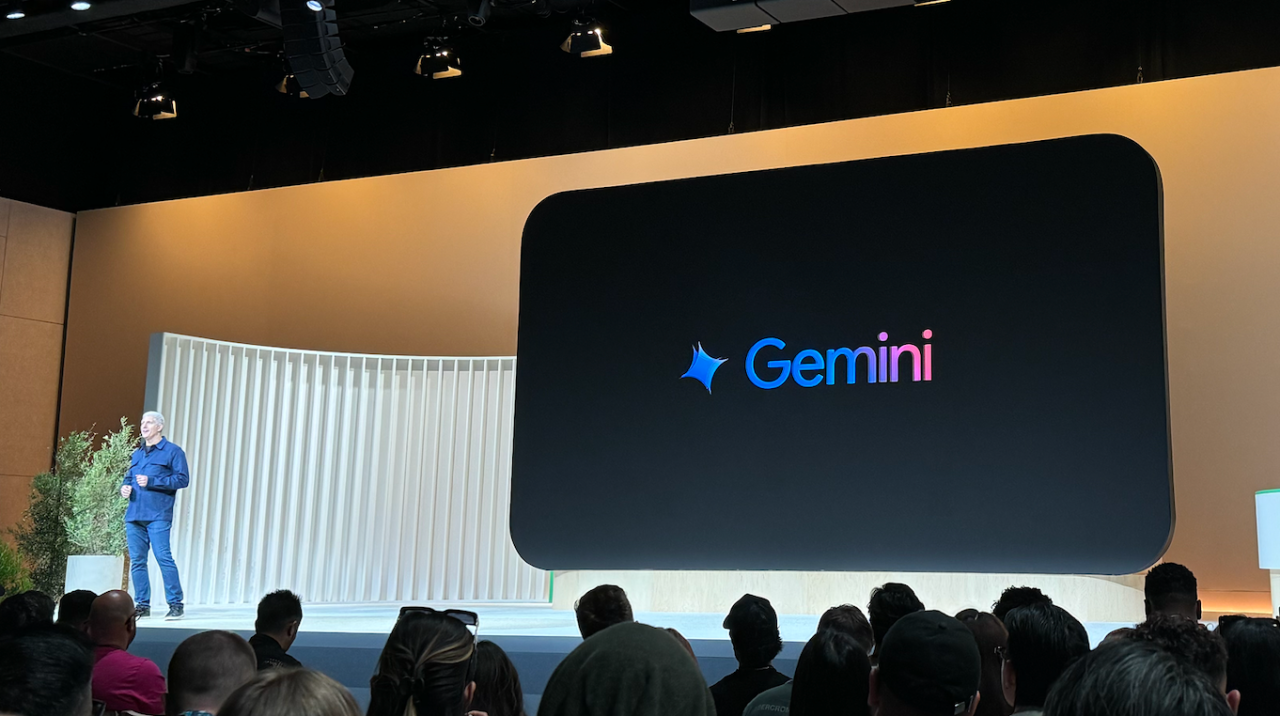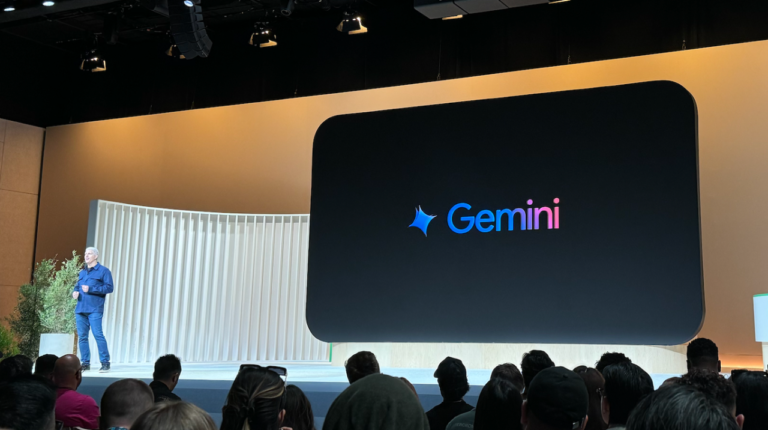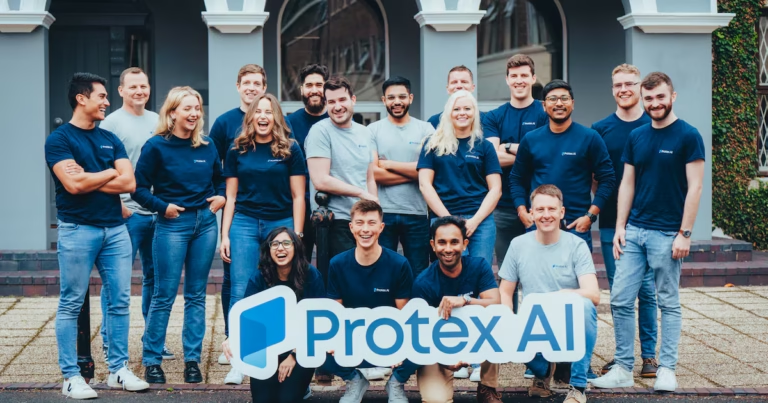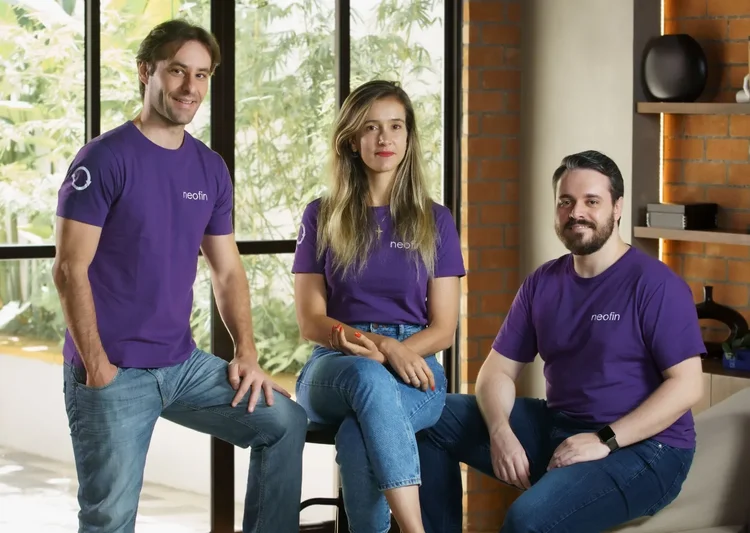Latest Post

Google has rolled out Gemini 2.0, the second version of the AI model designed to enhance the reasoning capabilities of the model, and to add native multimodal functionalities. In this respect, Google continues working on AI technologies and is now making them available and more efficient for a broader range of applications.
Reasoning and Multimodal Improvements
Gemini 2.0 is the most significant advancement from its earlier versions, primarily focused on reasoning capabilities. This improvement allows the model to provide more accurate and contextually relevant responses, which is a critical factor in applications requiring complex decision-making and nuanced understanding.
Native multimodal capabilities are integrated, allowing Gemini 2.0 to process and generate content in various formats, including text, images, and audio. The multimodal approach makes it easier to create more dynamic and interactive user experiences that cater to the diverse needs of users and developers.
Introduction of Cost-Effective Models
Google has come up with competitively priced models such as Flash-Lite in response to the growing concerns over the high costs of developing and deploying AI. Reuters reports that Flash-Lite is a low-cost alternative that does not compromise on performance, thus making advanced AI more accessible to a wider audience.
This addresses the financial barriers that many developers and organizations face, thus promoting broader adoption of AI technologies.
Read also: OpenAI Launches AI Agent to Help Users Book Flights and Order Food
Massive Investment in AI Development
The dedication to further AI research from Google can be seen as investing $75 billion in AI research by the company in 2025. The figure, which has already surged over previous investments, aims at the innovation rate that can hold up competition and stand a cut above others amidst fast-growing trends of AI technology.
Huge investments will cover such advancements of AI as enhanced model development, better infrastructural setups, and an incorporation of AI in the multiple Google services.
Integration into Google Products and Services
The advancements in Gemini 2.0 are not only standalone applications but also will be integrated into the Google suite of products and services. According to The Verge, the Gemini app has been updated to give users access to these advanced “thinking” AI models, thus allowing for more intuitive and intelligent interactions.
This integration is expected to make users’ experiences much smoother on these platforms, including YouTube, Maps, and other Google services, and provide more personalized contextually relevant support.
Competition Headwinds and Market Forces
Google stepped up its AI efforts at a time when other tech giants and emerging startups were making incursions. Microsoft’s OpenAI and DeepSeek, a Chinese startup, were also ramping up efforts in AI development. Google is developing its AI models but also doing so to combat cost concerns in the form of more affordable alternatives such as Flash-Lite to maintain its top position. That way, a wide range of users can appreciate its AI inventions.
Google has very aggressive plans about AI development. Already working on the third generation of Gemini AI, plans are in store to further enrich its capabilities and integration across its products. Times of India recently reported that Chief Executive Officer Sundar Pichai has talked about restructuring the company to improve its adaptation into AI innovations better.
This forward-looking approach reflects that Google is not only looking at the present advancement but also strategically planning for future developments in the AI domain.









